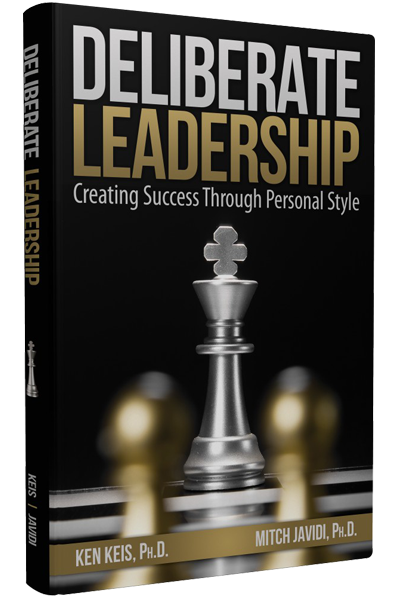THE DESTRUCTIVE NATURE OF CYNICISM

Many of us have been guilty of cynicism, whether it’s temporary or a part of our character. Given the many dire situations going on in the world these days, it might be easy to become cynical about life. The key is to not stay in that place.
Cynicism is defined as “an inclination to believe that people are motivated purely by self-interest.” Two appropriate synonyms would be “skepticism” and “distrust.”
There are no particular benefits of cynicism, especially in the long term. Being careful and cautious, even critical—which are all different from cynical—is healthier than being gullible, but that does not justify cynicism.
Cynicism, and its unhealthy companion, whining, will drain the energy not only out of the cynic, but also from everyone around that individual. Cynics tend to rework past disappointments and take possible joy away from the future.
Every day, you can tune into a daily dose of cynicism from the media. There are entire programs—networks, even—whose sole purpose is to focus on cynicism regarding everything and everyone. If you listen to them and buy into their premise, you might start thinking nothing is being done right! (Whoops, for a moment, I was getting cynical. See how easy it is to fall into the pit?)
You control your environment and what you allow into your life and your mind. If the media is doing more harm than good, turn it off. You have a choice.
Sometimes, cynicism comes from frustration with people’s own lives. Some feel there are no good jobs, partners, customers, employers, homes, etc.
I agree with the late philosopher, author, and speaker Dr. Wayne Dyer: “You attract what you think about.” Cynics look only at what is missing. So why are they surprised when their lives become more and more empty?
If you have friends or family who are committed to ruining everyone’s day, reduce your contact with them, if possible. Don’t let someone “dump” in your space.
Let those people know how their behavior is affecting you and others. Sometimes, individuals are so caught up in their negativity, they become unconsciously trapped in the habit. See if you can set up some guidelines for engagement when you are with them. I want to encourage you that you dohave a purpose and a reason for being. Cynicism and whining will only make things worse. Nobody likes a cynic. Who wants to hire or hang out with a distrustful, whiny skeptic?
Cynicism: Points to Consider
1. Would others call you a cynic? If so, and you believe they are right, what benefits do you gain from thinking this way? In my opinion, there are none. So then what’s the point?
2. If you are a cynic, consider ways to reduce that habit.
3. Don’t let other cynics drain you of your energy. Reduce your time with them as much as you can.
4. Challenge friends and family about this unproductive habit. Be real and honest, but don’t become a “whiner about the whiner.”
5. Limit your exposure to cynical media sources.
If you feel you are more of a cynic, are you ready to challenge yourself and pivot your life into a positive direction? Take a look at one of our resources here and see if it’s a good fit for you on the journey towards success and positive living.
Ken Keis, Ph.D.
CRG Consulting Resource Group International, Inc.


